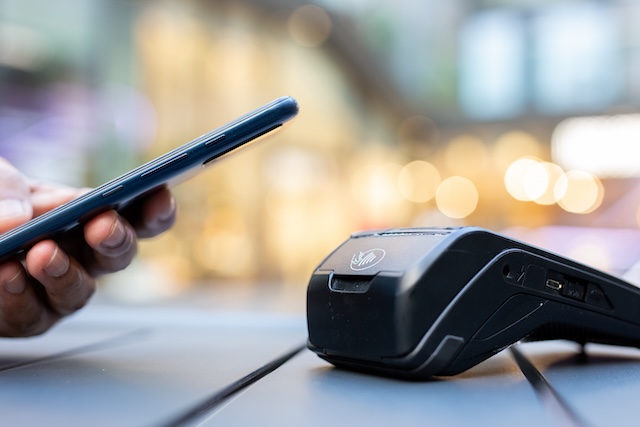We investigate one way of retaining control of your employees’ mobile devices.
We investigate one way of retaining control of your employees’ mobile devices.
‘Most organisations have accepted mobility as a primary part of doing business, and BlackBerry has proved itself a low-cost productivity-boosting solution,’ says David Heit, senior product manager of Research in Motion (RIM), manufacturer of the hand-held device.
Many users have adopted the devices as a surrogate laptop, which Heit says was surprising as ‘we never promoted it as a laptop replacement. But many people on a trip just need a mobile phone, email, and maybe access to real-time company data, and a BlackBerry is a suitable substitute.’
But with growing competition from Apple’s iPhone for business as well as consumer markets, and the arrival of Google’s Android mobile platform, RIM is doing everything it can to differentiate the BlackBerry in an increasingly competitive market.
One such differentiator is the BlackBerry Enterprise Server (BES), a nifty piece of technology for any business facing the challenge of herding a large number of the devices among staff who are out and about – a sales team, for instance. The BES sits in the office and gives full control over an organisation’s BlackBerrys while they are in the field, automatically pushing out software updates and applications as required.
The ability to set 400 configurable policies can also be invaluable for a business that wants to maintain tight control over its data, from forcing alphanumeric passwords of a certain length to blacklisting applications and disabling phone functions such as the camera and MicroSD card.
Modern phones carry far more information than a USB stick, and can cause similar discussions with the Information Commissioner’s Office if lost or stolen. One study found Londoners left 6,000 laptops in the back of taxis over a six month period – alarming, until you consider 55,000 phones were left behind in the same period.
If this happens, the BES can lock the phone and display a message offering a reward to the finder, or wipe the phone of its data altogether.





